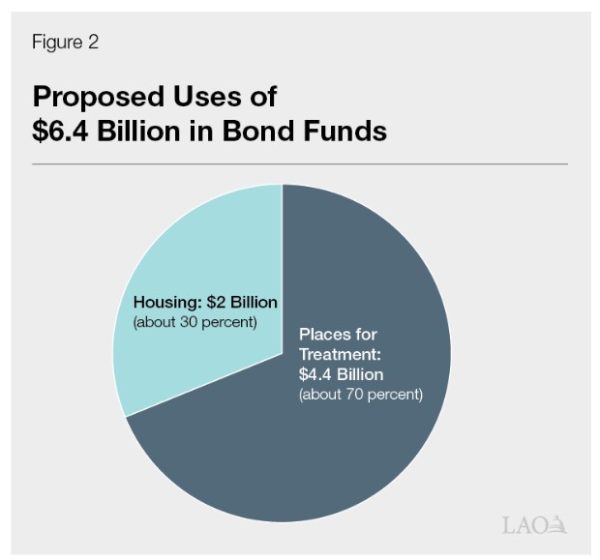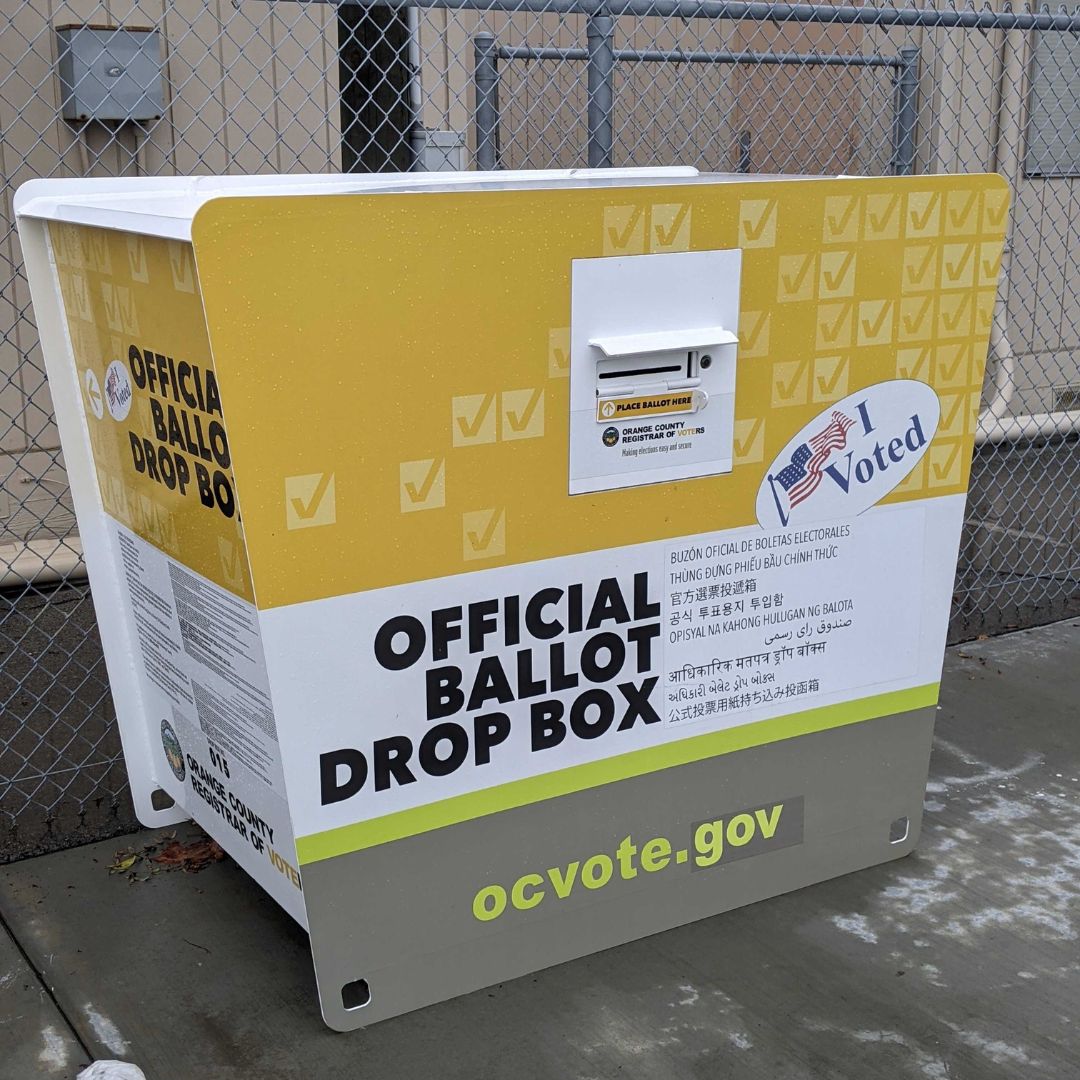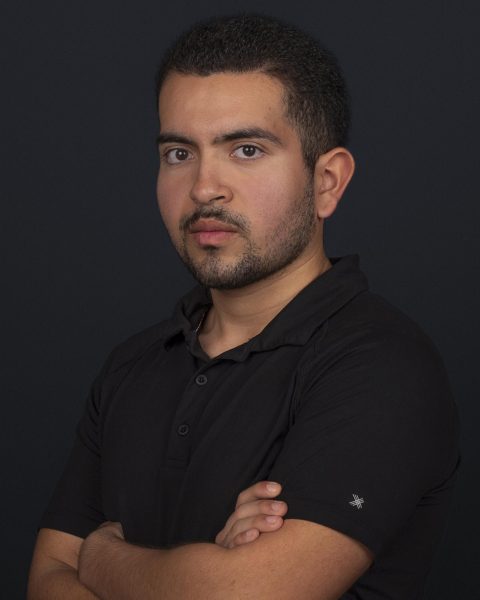Amidst challenges posed by mental illness, substance abuse disorders, and homelessness in California, new bonds to increase funding for constructing treatment facilities and housing for affected individuals is proposed through Prop 1.
The legislature passed Senate Bill 326 and Assembly Bill 531, both signed by Gavin Newsom, resulting in this referendum appearing on the primary Election ballot on March 5, 2024.
Prop 1 proposes changes to mental health services, including renaming and restructuring the funding of the Mental Health Services Act. It also suggests renaming and expanding the Mental Health Services Oversight and Accountability Commission.
The plan addresses homelessness and mental health by issuing $6.380 billion in bonds. The breakdown of bonds includes $1.05 billion for permanent supportive housing for homeless veterans with mental health or substance use.
Another $922 million would fund permanent supportive housing for those experiencing or at risk of homelessness, focusing on behavioral health needs.
The largest portion, $4.393 billion, is allocated for grants to enhance behavioral health treatment and housing eligibility under the Behavioral Health Continuum Infrastructure Program.
Proponents of Prop 1, using the slogan “Treatment, Not Tents”, argue that it will house over 11,000 Americans. Advocates highlight that it will expand community-based services, build supportive housing, and prioritize treatment over incarceration as a humane and effective approach to addressing homelessness and mental health challenges.
“There are over 10,000 homeless veterans in California— many suffering from PTSD or other mental health issues without access to the proper resources that could help them,” said Rocio Palmero, Women Vets on Point Program Coordinator for U.S.Vets in a document released Nov. 10, 2023. “This ballot measure will build thousands of new homes for Californians, complete with the mental health services they need and help remove the stigma of mental health needs and replace it with holistic solutions.”

Furthermore, supporters emphasize that this proposition creates assistance for homeless veterans, efforts to alleviate the shortage of mental health workers and the implementation of strict accountability measures.
“We see the signs of our broken mental health system every day – too many Californians suffering from mental health needs or substance use disorders are unable to get the support or care they need,” said Governor Newsom in a document released Nov. 10, 2023. “This will prioritize getting people off the streets, out of tents and into treatment.”
Some organizations in support of the proposition include California Association of Veteran Service Agencies, California Hospital Association, Mental Health Services Oversight and Accountability Commission and California Hospital Association.
Opponents argue that the proposition may disrupt existing programs and overlook the pressing need for housing solutions by redirecting mental health funds, potentially exceeding $30 billion in the first decade. Concerns are raised about proposed 35% cuts to annual mental health budgets for services such as mental health urgent care, wellness centers, and re-entry leakage services.
“I don’t like the state that has botched its homelessness issues. To take our leverage away, they shouldn’t instead be highlighting the success we’ve had and so they can encourage other counties to do the same thing,” said Doug Chaffee 4th District Supervisor.
Some organizations opposed to Prop 1 include Cal Voices, Disability Rights California, Howard Jarvis Taxpayers Association, League of Women Voters of California and Mental Health America of California.
Chaffee as the 4th District supervisor represents the cities of Fullerton, Buena Park, Brea, La Habra, Placentia, Stanton, and portions of Anaheim.
Moreover, opponents question the feasibility of “doing more with less,” suggesting that it could compromise the effectiveness of mental health initiatives. Additionally, opponents advocate for addressing homelessness through regular budget processes rather than relying solely on costly bond measures.
“For example, the veterans programs will no longer qualify for Mental Health Services Act money that we have in a different bucket. We have what we call a warm line, among other things that helps with suicide prevention, which we will not be able to fund anymore,” said Chaffee.
Not sure if you are registered to vote? Check out registertovote.ca.gov.
*Corrections were made to change previous phrases in this article that mention to “substance abuse disorders” to “substance use” according to AP Style. “Avoid words like abuse or problem in favor of the word use with” (AP Style p. 5, 55th edition)*



